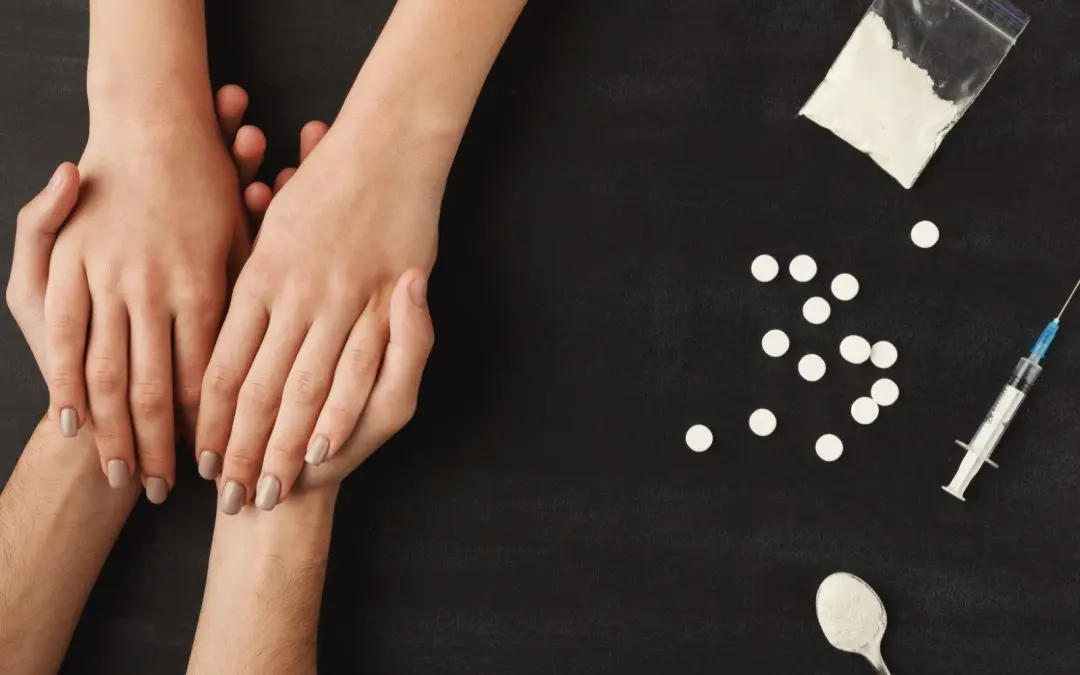24/7 Helpline:
(866) 899-111424/7 Helpline:
(866) 899-1114
Learn more about PTSD Treatment centers in Reedsville
PTSD Treatment in Other Cities

Other Insurance Options

Amerigroup

Self-pay options

Holman Group

Health Partners

UMR

Coventry Health Care

State Farm

Anthem

Magellan Health

PHCS Network

Premera

Sliding scale payment assistance

BlueShield

CareFirst

Meritain

AllWell

Magellan

Ceridian

Kaiser Permanente

Highmark











